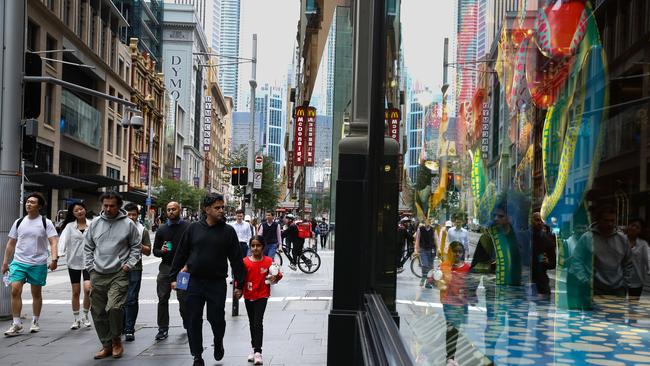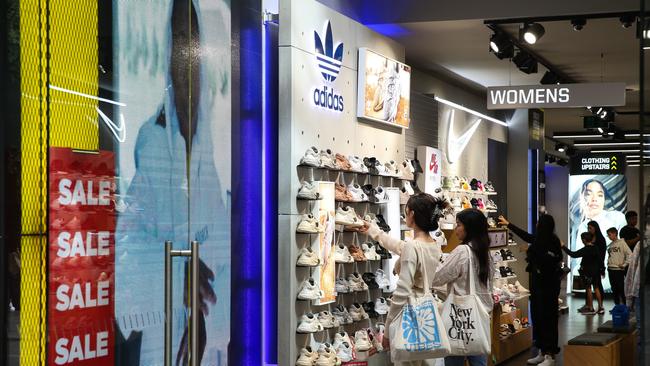‘Keeping them awake’: Cashflow concerns remain the biggest concern for Aussie business owners, new NAB report reveals
As the cost of living crisis continues to impact small and medium Aussie businesses, thousands of owners have revealed their biggest fear which keeps them up at night.
Cash flow remains the biggest concern for Aussie small and medium businesses – with new figures revealing the concerns impact four in 10 owners across the country.
NAB Economics’ SME Business Insights report for the September quarter showed businesses across the country are facing unique challenges, including challenges which continue to remain around profitability and the rising costs of doing business.
The report found cash flow was the primary concern for small businesses in Victoria (43 per cent) and NSW (38 per cent).
Those in construction, retail, transport and storage, and property services sectors reported being the most affected.

Staff turnover and labour shortages are the most significant challenges for small businesses in Tasmania (44 per cent), South Australia (43 per cent) and Queensland (39 per cent) and those in business services and health services.
Profitability is the top issue for small businesses in Western Australia (41 per cent) and those in accommodation and hospitality.
NAB Business Direct and Small Business executive Krissie Jones said the latest NAB data from 600 small and medium sized businesses, echoes what she is hearing from businesses across the country.
“Small business owners are incredibly resilient, but they’re already stretched and continue to face persistent and emerging challenges that are keeping them up at night,” Ms Jones said.
The survey pinpointed inflation and the cost of doing business as the biggest issues for wholesalers while government policies and regulation are the biggest concerns for SMEs in finance and insurance.
Despite challenging conditions, small to medium sized businesses across the country are reporting bumper sales thanks to the Black Friday weekend.
NAB said merchant terminal data revealing spending over the weekend was 23 per cent higher than on a normal, equivalent weekend.

Spending was across retailers, cosmetic stores, jewellery and watch stores, bars, pubs and restaurants seeing more sales.
Deloitte Access Economics partner Dave Rumbens echoes similar expectations, saying even though six of the last seven quarters have been in decline for retailers, there are signs of hope, with a spike of people searching for discounts across the last weekend.
“This suggests that consumers are starting to shift from saving to spending, especially when there are good deals on offer. This shift has likely continued into November, off the back of saturated Black Friday campaigns last week.”
He said the retail recession could soon be over, forecasting real retail turnover is expected to lift from -0.3 per cent in calendar year 2024 to 2.1 per cent in 2025 and 2.6 per cent in 2026, “as consumers get their spending groove back on”.


